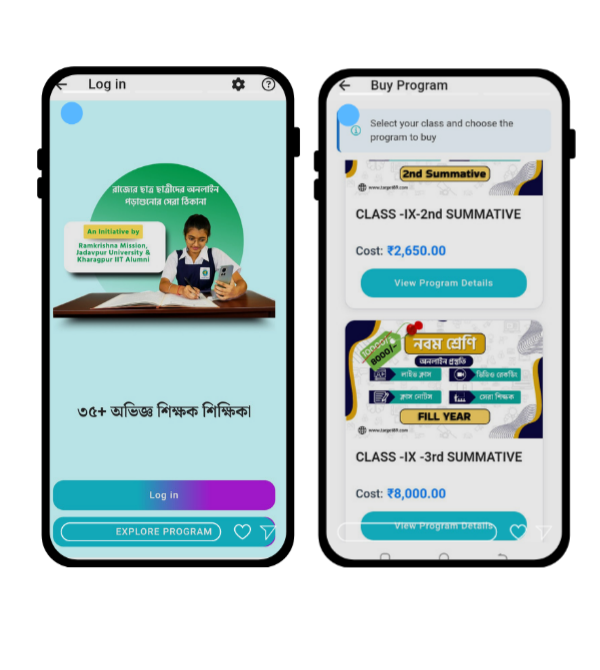In recent years, the landscape of education has undergone a dramatic transformation, with the rise of online learning paving the way for accessible, flexible, and personalized education opportunities. Central to the success of online courses is the innovative software that powers them, providing educators and learners with the tools they need to create, deliver, and engage with course content. In this blog, we’ll delve into the world of software for online courses, exploring its features, benefits, and impact on the future of education.
The Evolution of Online Learning Software
The advent of the internet has revolutionized the way education is delivered and accessed, making it possible for learners to engage with course materials anytime, anywhere. Software for online courses has evolved alongside technological advancements, offering a diverse range of features and functionalities to support a variety of teaching and learning needs.
Key Features of Software for Online Courses
1. Content Creation and Management:
Online course software provides tools for creating, organizing, and managing course content, including text, multimedia, assessments, and interactive elements. Educators can develop engaging and interactive learning materials that cater to diverse learning styles and preferences.
2. Learning Management System (LMS) Integration:
Many online course software platforms include built-in Learning Management System (LMS) functionality, allowing educators to deliver and track course progress, manage assignments, and communicate with students in a centralized platform.
3. Multimedia Support:
Online course software supports a variety of multimedia formats, including videos, audio recordings, presentations, and interactive simulations. This enables educators to incorporate rich and engaging multimedia content into their courses, enhancing the learning experience for students.
4. Assessment and Feedback:
Assessment tools built into online course software allow educators to create quizzes, assignments, and exams to measure student learning outcomes. These tools often include features for automated grading, providing timely feedback to students and streamlining the assessment process for educators.
5. Collaboration and Communication:
Online course software facilitates collaboration and communication between educators and students through discussion forums, messaging systems, and virtual classrooms. This fosters a sense of community and engagement among learners, even in a digital environment.
Benefits of Software for Online Courses
1. Accessibility and Flexibility:
Online course software enables learners to access course materials and participate in learning activities from any internet-enabled device, at their own pace and convenience. This flexibility removes barriers to education and empowers learners to take control of their learning journey.
2. Personalization and Customization:
With online course software, educators can create personalized learning experiences tailored to individual learner needs, preferences, and learning objectives. This allows for adaptive learning paths, differentiated instruction, and targeted interventions to support student success.
3. Scalability and Reach:
Online course software allows educators to reach a wider audience of learners, beyond the confines of traditional classrooms. This scalability enables institutions to expand their reach and impact, reaching learners in remote or underserved areas and accommodating growing demand for online education.
4. Cost-Effectiveness:
Online course software offers cost-effective solutions for delivering education, reducing the need for physical resources, facilities, and travel expenses associated with traditional classroom-based instruction. This makes education more affordable and accessible to learners of all backgrounds.
5. Data-Driven Decision Making:
Online course software generates valuable data and analytics on student learning behavior, engagement, and performance. Educators can use this data to monitor student progress, identify areas for improvement, and make informed decisions to optimize their teaching strategies.
Conclusion
Software for online courses has revolutionized the way education is delivered, making it more accessible, flexible, and personalized than ever before. By leveraging the key features and benefits of online course software, educators can create engaging and interactive learning experiences that empower learners to achieve their academic and professional goals. As technology continues to evolve, the potential for software for online courses to shape the future of education is limitless, unlocking new opportunities for learning and innovation on a global scale.
porate training and empower your workforce to thrive in today’s competitive landscape.














